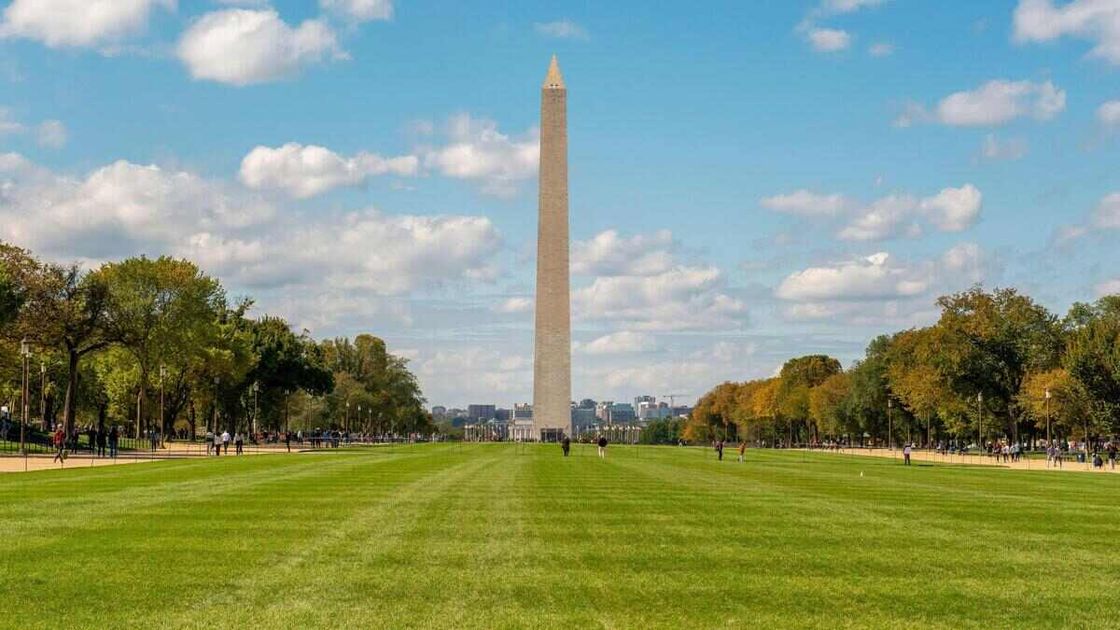The nation’s capital could soon be getting a significant upgrade to its sports betting market.
The Washington, DC City Council unanimously approved the 2025 budget. The now-approved budget included language allowing up to seven online sportsbooks to be licensed. That would greatly expand the current sports betting market, where FanDuel is the lone online option for most bettors.
This represents another significant change in a market that has underperformed since launching online sports betting. The district previously had the D.C. Lottery-operated GamebetDC as its sole online sportsbook, but software issues plagued the platform. Bettors grew so frustrated with the embattled sportsbooks that they stopped betting altogether, leading to the market delivering revenue numbers far below projections.
The District decided to ditch GamebetDC in favor of FanDuel, which went live in April. The move is projected to bring a massive boost to tax revenue, but the DC City Council believed that a more competitive market could bring in even more.
DraftKings and Fanatics are two operators interested in entering the market and supported the approval of the 2025 budget.
“We want to thank @ChmnMendelson, @CM_McDuffie, and the rest of the @councilofdc for taking a major step towards expanding mobile sports betting options in the District by approving changes to the District’s sports wagering framework as part of the Budget Support Act. We look forward to the potential opportunity to introduce D.C. sports fans to our mobile sportsbook product.” DraftKings shared on X after the budget was approved.
Caesars and BetMGM operate retail sportsbooks in the District and would likely be candidates for any new online operating licenses.
FanDuel Continues Strong Opposition to Expansion
While the move to expand the District’s sports betting market makes sense, the timing has led to fierce pushback from FanDuel Sportsbook. The industry leader entered the market in April after agreeing to help revive the lackluster market, taking over as the sole online operator to offer their platform across the entire district.
According to FanDuel, they invested money into helping save the market based on the understanding that it would be mostly free of competition. Just over two months after FanDuel launched, the District’s proposed expansion could add up to six competitors, breaking the initial deal with the sports betting giant.
Along with arguing that the deal with the District was made in bad faith, FanDuel has also pointed out that an expanded market does not guarantee increased revenue. The market is among the smallest in the country, putting a low ceiling on the market’s potential.

